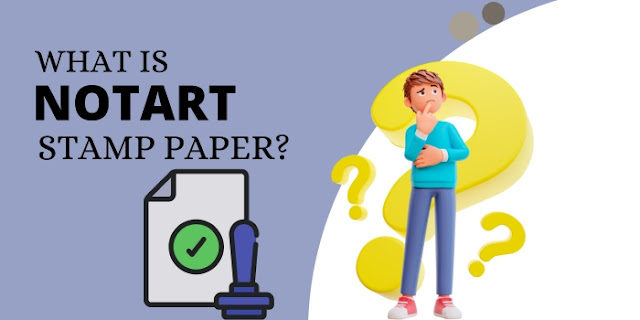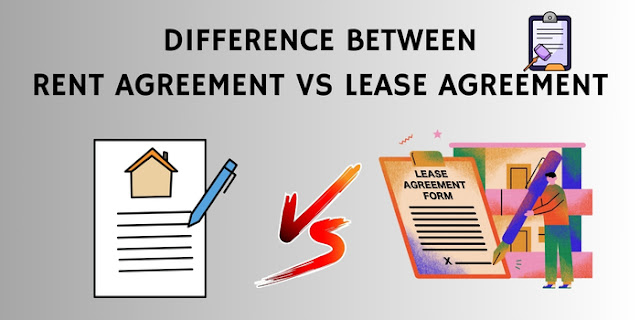Do I Have Rights As A Tenant Without A Lease?
As a tenant, you may assume that you need a written lease to establish your rights and responsibilities. However, even without a lease, you still have legal protections and entitlements. In this article, we'll explore the rights of tenants without a lease and what you should know to protect yourself in such a situation.
What is a lease?
A lease is a written agreement between a landlord and a tenant that outlines the terms of a rental agreement. The lease typically includes details such as the rental amount, the duration of the lease, and any restrictions or rules the tenant must follow while living on the property. Both parties sign the lease, and it is legally binding for the duration of the agreement.
If you are renting a property without a written lease, it does not mean you do not have any rights. The absence of a lease can create some uncertainty regarding the terms of your tenancy, but you still have rights as a tenant.
Your rights as a tenant without a lease
The following are some of the rights that tenants without a lease have:
Right to live in a habitable unit
Regardless of whether you have a lease or not, your landlord is required to provide you with a habitable unit. This means that the unit must be safe, clean, and meet all the health and safety codes of your local government. The landlord must provide running water, heat, electricity, and working plumbing. If any of these essential services are not provided, you may have grounds for legal action.
Right to notice before eviction
If your landlord wants you to leave, they must provide you with proper notice. In most states, landlords must provide tenants with 30 to 60 days of notice before evicting them. The notice must be in writing and must state the reason for the eviction. It is important to note that even without a written lease, you are still entitled to receive proper notice before being evicted.
Related - How long can a Tenant stay after the Lease expires and tenant and landlord laws in India.
Right to quiet enjoyment
As a tenant, you have the right to enjoy your rental unit without interference from the landlord. This means that the landlord cannot enter your unit without giving you proper notice, except in emergency situations. They also cannot harass or disturb you while you are occupying the unit.
Right to a return of your security deposit
In most states, landlords are required to return a tenant's security deposit within a specified period, typically 30 days after the tenant moves out. This deposit is meant to cover any damages that may have occurred during your tenancy. If your landlord fails to return your deposit or provides an improper explanation for withholding it, you may have grounds for legal action.
What to do if you are a tenant without a lease
If you are a tenant without a lease, there are several steps you can take to protect yourself and ensure that you have a safe and secure living situation:
Establish a verbal agreement
If you are renting a property without a written lease, it is a good idea to establish a verbal agreement with your landlord. This can help to establish the terms of your tenancy, such as the rental amount and duration of your stay. Be sure to document any agreements you make with your landlord, such as rent payments or repairs that need to be made.
Request a written agreement
If you are renting a property without a written lease, it is a good idea to request a written agreement from your landlord. A written agreement can help to protect both you and your landlord by clearly outlining the terms of your tenancy. Be sure to read and understand the terms of the agreement before signing it.
Know your rights
Regardless of whether you have a written lease or not, it is important to know your rights as a tenant. Familiarise yourself with the laws and regulations governing landlord-tenant relationships in your state or country. This knowledge will help you protect yourself and ensure that your landlord does not take advantage of you.
Communicate with your landlord
Open communication with your landlord is essential, especially when there is no written lease. If there are any repairs or maintenance issues that need to be addressed, communicate them to your landlord in writing. Keep a record of your requests and follow up with your landlord until the issue is resolved. If your landlord is unresponsive, you can contact your local housing authority for assistance.
Document everything
When you are renting a property without a written lease, it is important to document everything. Keep records of your rent payments, any repairs or maintenance requests, and any other communication with your landlord. These records can be useful if there are any disputes between you and your landlord in the future.
Conclusion
As a tenant without a lease, you still have legal protections and entitlements. You have the right to a habitable unit, notice before eviction, quiet enjoyment, and a return of your security deposit. To protect yourself, establish a verbal agreement with your landlord, request a written agreement, know your rights, communicate with your landlord, and document everything. By following these steps, you can ensure that you have a safe and secure living situation, even without a written lease.



